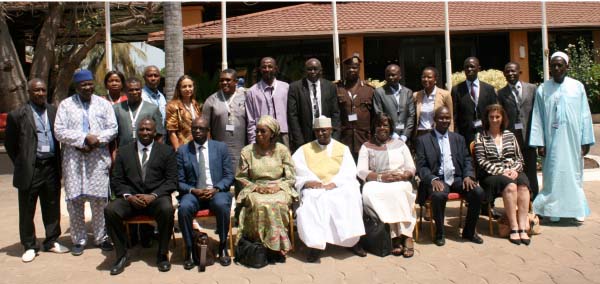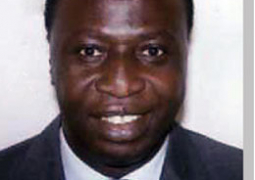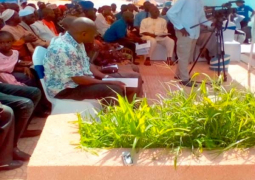
Experts
from within West Africa and outside are meeting in The Gambia to review a draft
8-year Plan of Action which set forth concrete measures to end statelessness in
the sub-region by the year 2024.
The Plan of Action is developed in line with the Abidjan Declaration adopted by the 15 ECOWAS member states in February 2015 as a commitment to set measures to end statelessness.
Stateless people are those without the legal nationality of any country in the world.
In line with the declaration, ECOWAS, in consultation with the United Nations High Commissioner for Refugees (UNHCR), has developed an 8-year Plan of Action with concrete actions and time-frames to end statelessness in the sub-region.
At a three-day meeting, open yesterday, organised by the ECOWAS Commission in collaboration with UNHCR and hosted by The Gambia government, the document would be reviewed and adopted as the Regional Plan of Action to Eradicate Statelessness in West Africa.
Two of the three days is the expert meeting during which the experts and stakeholders would go through the document for the final review.
The third and final day, Tuesday, the reviewed Plan of Action would be tabled before the sectoral ministers responsible for nationality issues, for validation and adoption.
Speaking at the opening of the experts meeting at Kairaba Beach Hotel in Kololi, Gambia’s minister of the interior said a collective problem such as statelessness calls for collective solution.
Minister Mai Ahmad Fatty said ECOWAS, as a bloc aimed at strengthening states cooperation and people’s right, has the institutional and legal framework to solve such common problem.
“Statelessness is an obstacle to this objective because it is an obstacle to the enjoyment of human rights and integration,” he said. “It is therefore a common problem to all ECOWAS states, and key concern to ECOWAS.”
The sub-regional statelessness forum provided a platform to discuss how to remove such obstacle and create stronger societies in West Africa.
“A West Africa without statelessness will be stronger and more stable. It will create a path for growth and prosperity. I believe we, ECOWAS member states, can be model not only for Africa, but also for the world,” the interior minister said.
Liz Kpam Ahua, UNHCR regional representative for West Africa, said UNHCR, as the UN agency mandated to prevent and reduce stateless, remains committed to supporting the West African states in the fight against statelessness.
“We will continue to support this effort through the provision of expertise, and to accompany you in your aim to end statelessness in the region by 2024,” she said.
Statistics shows that over one million people in West Africa are stateless, while 60 million lack documentation proving their identity or nationality.
Experts said statelessness has considerable costs in terms of human rights, security, and social and economic development. It causes the marginalisation of communities and their exclusion from mainstream society.
Similarly, lack of documentation impedes access to the most fundamental rights: a child may not be able to enrol in school, a man or women may not be able to work lawfully or open a bank account without proper national document.
ECOWAS Commissioner for Social Affairs and Gender Dr Fatima Dia Sowe said the subject of statelessness has come a long way on the agenda of ECOWAS regional goal but “it has been taken away from the shadows to the spotlight”.
“It [statelessness] aligns with our shift in vision from ECOWAS of States to ECOWAS of People and therefore goes to the heart of the regional integration process,” she said.
In the last two years, ECOWAS with the support of UNHCR, has focused on the challenges of statelessness through efforts aimed at addressing its root causes and defining a way forward in eradicating the menace.
The draft Regional Plan of Action to Eradicate Statelessness in West Africa which is under review entails six strategic support measures to tackle statelessness in the sub-region, in accordance with the Abidjan Declaration.
It also spells out mechanisms for monitoring the implementation of the plan.
Read Other Articles In Article (Archive)



